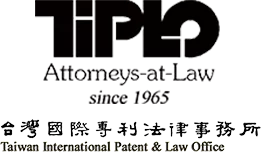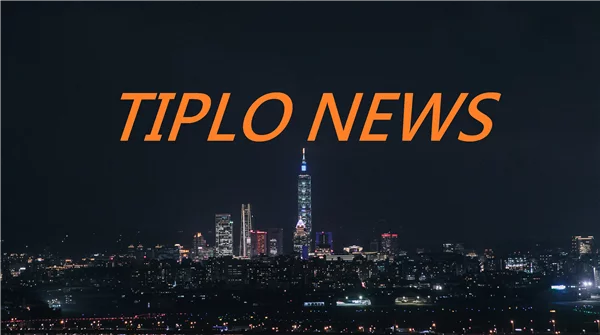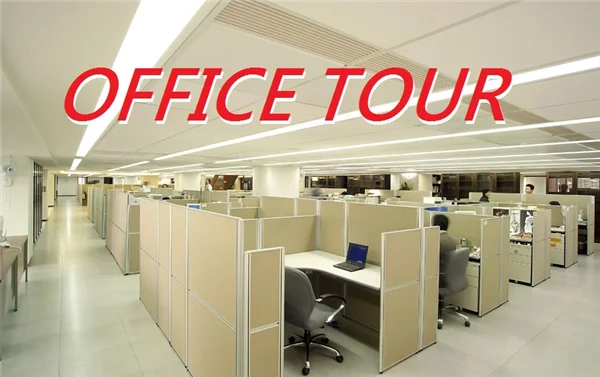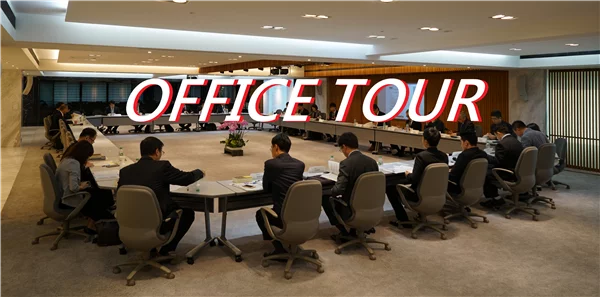Philip Defeats TIPO in CD-R Compulsory Licensing Case.
E080314Y1 Apr. 2008(E101)
Philip file administrative suit against TIPO for the grant of Gigastorage’s request for compulsory licensing of CD-R technology patents. The Taipei High Administrative Court (THAC) decided on the case on 13 April 2008 in favor of Philips vacating the original decision and appellate decision made by TIPO. The matter is now remanded for re-decision by TIPO.
Philips obtained five patents on various technologies for making CD-R discs with the earliest patent application filed in 1987. Gigastorage signed a patent licensing agreement with Philips and Sony and Taiyo Yuden represented by Philips for these five patents. Under the licensing agreement, Gigastorage shall pay in royalties 3% of the selling price of the CD-R discs or 10 Japanese yen on each pieces of CD-R made during the 10-year licensing term. On the complaint from, among others, Gigastorage, the Fair Trade Commission holds the licensing by Philips an unfair trade practice but the Supreme Administrative Court disagrees.
In about March 2001, Gigastorage requested for a reduction in the royalty amount to 2~5% of the net selling price of the CD-R discs made under the licensing and Philips refused. Philips terminated the licensing agreement in April the same year on Gigastorage’s non-payment of the royalties overdue. Both sides talked but no agreement reached. Gigastorage thus filed a request with the TIPO in July 2002 seeking compulsory licensing of the five CD-R technology patents. TIPO granted the request in July 2004 on the condition that the CD-R discs made under the compulsory licensing would be for and only for meeting domestic demands.
On Philip’s action the THAC holds that for the patent authority to legally grant the compulsory licensing of certain patent, the licensee applicant must have, to the best of its efforts, proposed reasonable terms to negotiate with the licensor for licensing of the patent without success.
The so-called reasonable terms of trade include, among others, the method of calculating the royalty payment, division of risks, repute of the brand name of the technology patent in issue and competition in the trade. That is to say, when determining the acceptability of the licensing agreement presented by the licensee applicant for compulsory licensing, the patent authority must look at all of the relevant elements as a whole rather than individually. In this CD-R technology patent licensing case, however, the licensing agreement Gigastorage presented (effective from June 2001 to April 2002) does not sufficiently show that Gigasotorage did propose reasonable terms of trade to obtain the licensing of the five patents. Further, in addition to the royalty rate, Gigastorage also disputed some of the other terms proposed by Philips. TIPO granted Gigastorage’s request for compulsory licensing by reason that Gigastorage did propose a rate of 2%-5% of the net selling price of the CD-R discs for calculating the royalty, which as shown by the relevant materials reasonable under the Patent Act. Such decision, however, is considered hasty and against reason.
Given the settlement deal between Gigastorage and Philips which was concluded in October 2007, however, Philips will demand no more compensation from Gigastorage, irrespective of the outcome of Philip’s administrative action. (2008.03)
/EMA














